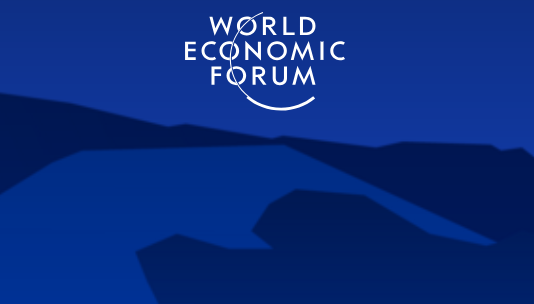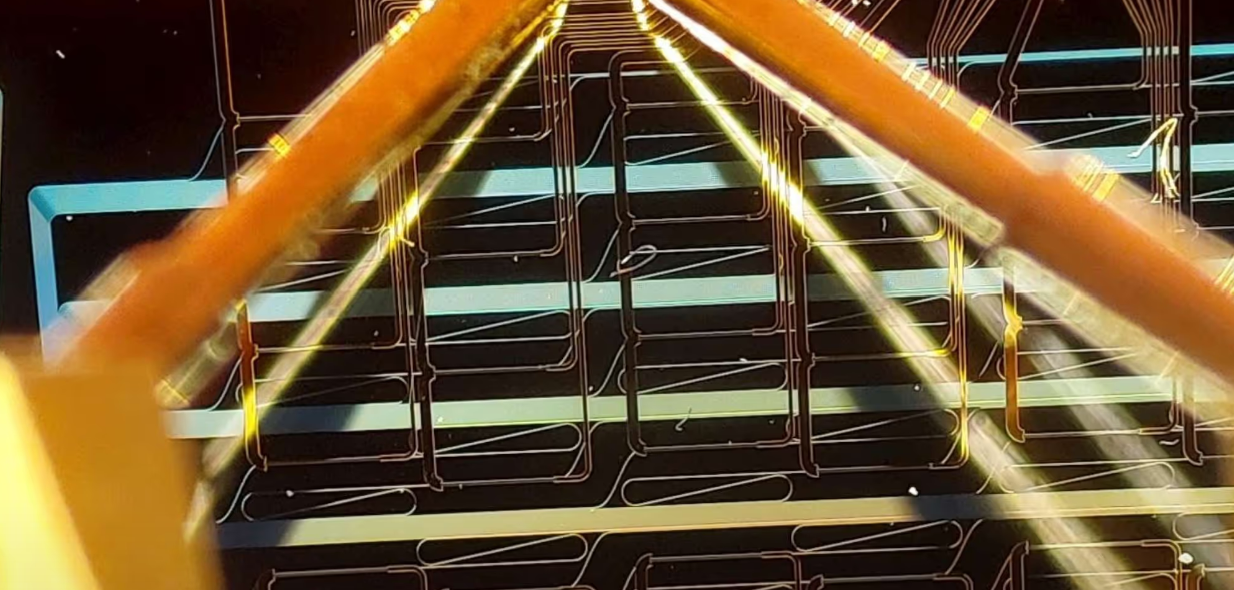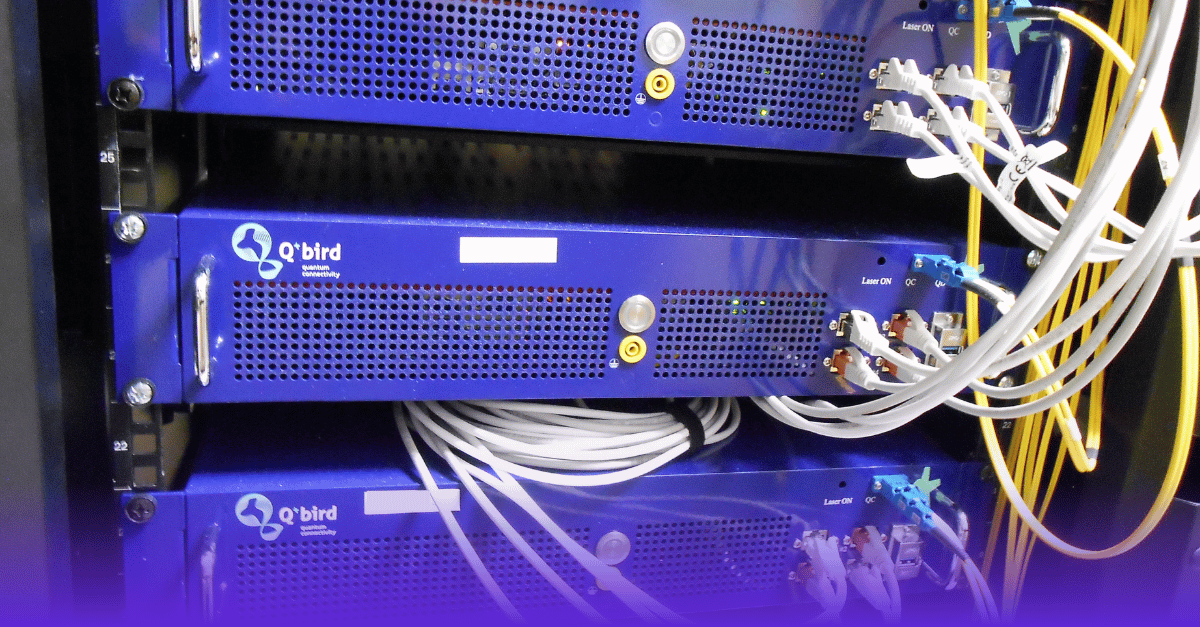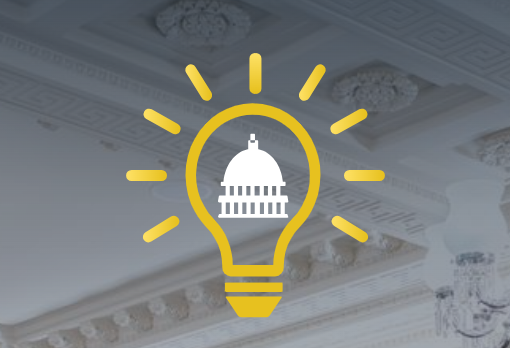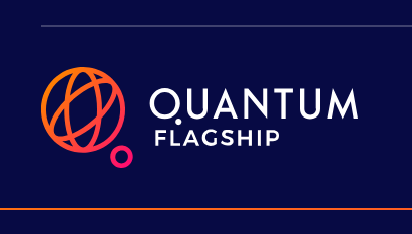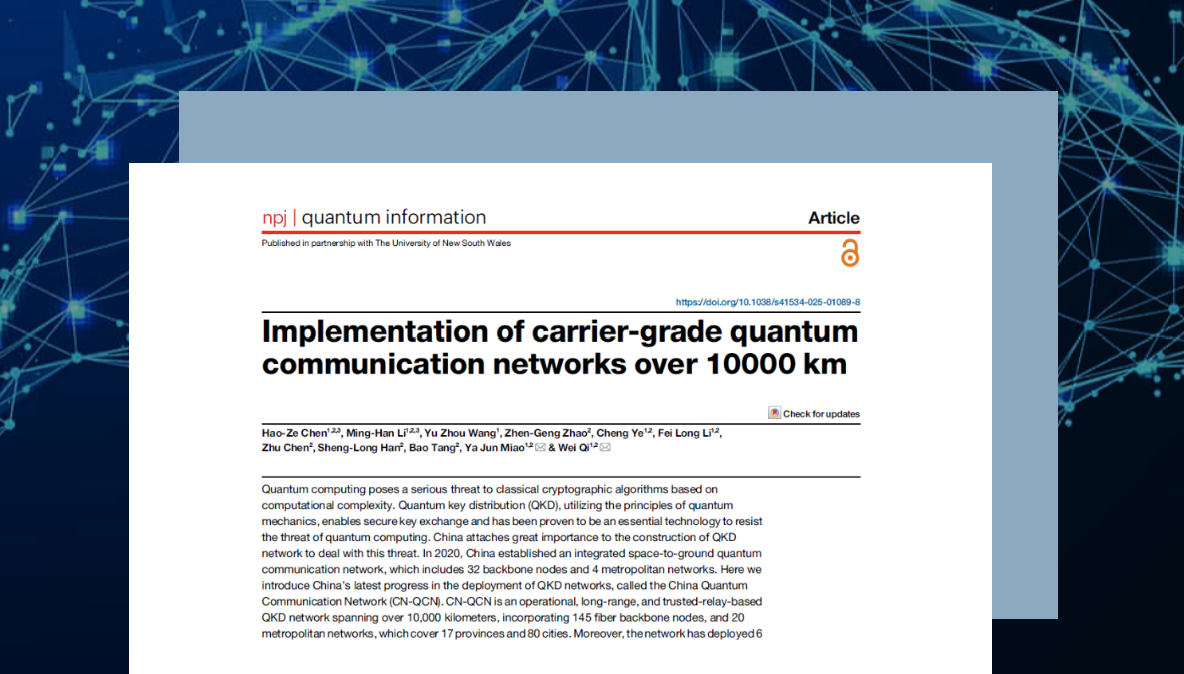World Economic Forum to Launch Five New Centres for the Fourth Industrial Revolution
The Forum will establish five new Centres for the Fourth Industrial Revolution in France, the United Kingdom, the United Arab Emirates and India. Each centre will work with governments and industry to deliver practical policy frameworks and pilots, address regional priorities and advance international cooperation. Focus areas include AI innovation, the energy transition, cyber resilience and frontier technologies.
Read More
50 million euro European Quantum pilot P4Q launched
Across a dozen European countries, a new European pilot will be started in 2026: Photonics for Quantum (P4Q). In this project, a large consortium is working on ways to make photonic chips for quantum applications more reliable and scalable. The coordinator of P4Q, Pepijn Pinkse (University of Twente, NL): "Ideas that currently remain in the lab can grow into really useful devices more quickly."
Read More
Universidad Politécnica de Madrid and Q*Bird Launch Spain’s First Multi-Node MDI-QKD Network
The Universidad Politécnica de Madrid (UPM), in collaboration with Q*Bird, has officially deployed Spain’s first operational Measurement-Device-Independent Quantum Key Distribution (MDI-QKD) network. This multi-node infrastructure connects three distinct high-security sites: two locations within the Instituto Nacional de Técnica Aeroespacial (INTA) and one within the Ministry of the Interior (SGSICS). Unlike traditional point-to-point QKD, this deployment utilizes a hub-and-spoke topology that enables a fully connected mesh network without the need for “trusted nodes” at the central hub, a significant advancement for the security and scalability of metropolitan quantum communications.
Read More
Singapore and Japan Form Strategic Quantum Alliance; Yaqumo and Entropica Labs Announce Hardware-Software Partnership
The governments of Singapore and Japan have signed a landmark Memorandum of Cooperation (MOC) on quantum science, technology, and innovation, marking Singapore’s first international quantum-specific agreement at the government-to-government level. Signed by Singapore’s Minister for Digital Development and Information, Josephine Teo, and Japan’s Minister of State for Science and Technology Policy, Onoda Kimi, the agreement establishes a bilateral framework to accelerate the development of a resilient quantum ecosystem across Southeast Asia and East Asia.
Read More
Young, Colleagues Introduce Bipartisan National Quantum Initiative Reauthorization Act
U.S. Senators Maria Cantwell (D-Wash.), Ranking Member of the Senate Committee on Commerce, Science and Transportation, Todd Young (R-Ind.), Dick Durbin (D-Ill.), Steve Daines (R-Mont.), Ben Ray Luján (D-N.M.), Marsha Blackburn (R-Tenn.), Tammy Baldwin (D-Wisc.), Ted Budd (R-N.C.), Chuck Schumer (D-N.Y.) and Mike Rounds (R-S.D.) today introduced the National Quantum Initiative Reauthorization Act to accelerate quantum technology development and real-world applications that are vital to U.S. national security and global economic competitiveness.
Read More
New Canada–Germany Digital Alliance Prioritizes Quantum Collaboration
Canada and Germany have launched the Canada–Germany Digital Alliance, with a key focus on accelerating joint work in quantum technologies, AI, digital infrastructure and innovation. The countries will issue a joint call for quantum technology proposals in January 2026, led by the National Research Council of Canada and Germany’s Federal Ministry of Research, Technology and Space. Both governments committed to growing competitive tech ecosystems through collaboration on quantum commercialization, generative AI, large language models and frontier digital capabilities.
Read More
New EU Quantum Flagship calls published
The Horizon Europe 2026-27 Work Programme has been published and includes exciting new calls for the Quantum Flagship and beyond. There is a new kind of 'grand challenge' call, and topics in quantum sensing, photonic quantum computing and standards are covered.
Read More
QKD Network Implementation across 10,000 Kilometers
The rapid development of Quantum Computers poses a serious threat to classical encryption methods, which rely on the complexity of mathematical functions. Due to their enormous computational power, Quantum Computers can break currently used algorithms in a very short time. This is exactly where Quantum Communication comes in: it offers entirely new and secure ways of transmitting data. Quantum Key Distribution (QKD), which leverages the principles of Quantum Mechanics, enables secure key exchange and has proven to be a groundbreaking technology to counter the threat posed by Quantum Computers.
Read More
UKRI Maps £38.6 Billion R&D Budget, Commits £1 Billion to Quantum
UK Research and Innovation has outlined how it will deploy a record £38.6 billion government settlement over four years, aligning funding to a single mission focused on advancing knowledge, improving lives, and driving UK economic growth. UKRI’s targeted investment explicitly labeled for “Digital and Technologies: Quantum Technologies” totals £1.013 billion over the spending review period (FY 2026–27 through FY 2029–30). The allocation prioritizes £14 billion for curiosity-driven research, £8 billion for targeted R&D addressing national and societal challenges, and £7 billion to support innovative companies in scaling and commercializing technologies, with remaining funds supporting cross-cutting skills and infrastructure. Covering financial years 2026–27 through 2029–30, the outcome-focused framework cannot be directly compared with previous UKRI budgets or historic sector and research council allocations.
Read More
From AI to quantum: How the European defence fund is shaping the future of EU defence technology
Quantum technologies represent another major leap forward. With potential applications ranging from ultra-secure communications to enhanced sensing and faster decision-making, quantum solutions could transform cyber operations, targeting and information processing. The EDF is placing these technologies at the forefront of European defence innovation.
Read More
